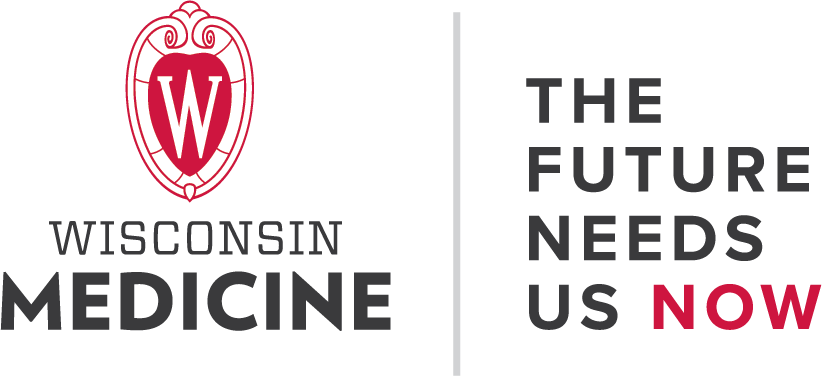Making a Difference One Gift at a Time
Although not all patrons have the means to create an endowed chair or fund a new building, modest contributions add up over time. The overall impact of long-term giving has the capacity to yield remarkable results. Loyal donors Marshall MS’82 and Lisa ’77 Flax have long understood this and have been making a difference — one gift at a time — through their extensive altruism since 1985.
Marshall made his way to UW–Madison via Richmond, Virginia, where he was born, then Montreal to Calgary as a child, and Chicago to Florida, where he attended high school and college. In the late 1970s, he moved to Madison to earn his master’s degree in rehabilitation psychology and special education, and he ended up meeting the love of his life. “I got a job driving a special ed school bus,” he says. “I sometimes needed to talk to a student’s teacher about an issue or concern, and about half the kids on my bus were in Lisa Colberg’s class. After meeting her, I found more and more reasons to talk to her about a child’s behavior.”
Lisa and Marshall married in 1980 and went on to have two children — Rebecca and Elliot — who are proud Badgers like their parents. Lisa continued her career as a teacher, and Marshall worked with people who were blind or visually impaired. His work connected him with the UW Department of Ophthalmology and Visual Sciences (DOVS). “I saw the dedication of the faculty and staff and appreciated the value of research. Eventually, I found a home in a local nonprofit that serves the blind, and I spent the next 24 years there.”
In 2003, Marshall went in for a routine tonsillectomy and came out with a diagnosis of tonsil cancer. While at the Carbone Cancer Center, his specialists discovered that the cancer had metastasized, making it stage four squamous cell carcinoma. A few days later, he began a rigorous regimen of radiation and chemotherapy. “It’s hard to believe what I went through and what my family went through, but thanks to the incredible care I received, I survived.”
Now a certified orientation and mobility specialist, Marshall is nationally recognized for his expertise. He enjoys teaching his blind clients how to travel independently, and sometimes he’s lucky enough to orient a student to the UW–Madison campus. “Along with the essential parts of learning the routes to and from classes, finding a restroom, or locating a study area, I try to give students some information about the area that their fully sighted peers would know. For example, there is a statue of Lincoln at the top of Bascom Hill. Sometimes when in a particular location, I tell them about some of the culture and history. If the destination is Ingraham Hall, I tell them about the Dow Chemical riots in the late ’60s.”
Over the last 39 years, Marshall and Lisa have directed their philanthropy to areas across the university — the Parents Enrichment Fund for Libraries, McPherson Eye Research Institute, DOVS, the head and neck cancer research program, Cycle for Sight, and more. In 2023, they took their giving to a new level, thoughtfully creating estate gifts that will support DOVS, the McPherson Eye Research Institute, and the Department of Human Oncology. Marshall wasn’t raised in a traditionally philanthropic family, but he has fond memories of his parents’ generosity and willingness to help those in need.
“While I can’t recall my parents ever talking about making a donation to a charity, they were generous where their means permitted,” Marshall says. “They offered support to family members who wanted to further their education. The message I received while growing up was to help out when you can. The Carbone Cancer Center and Dr. Paul Harari saved my life. And the vital research being done at the UW Department of Human Oncology not only helped me but will also make things better for future patients. If that isn’t a reason to give back, I don’t know what is.”
The university is important to the Flax family, representing much more than a place to get a degree. After getting married, having children, and surviving cancer, Marshall now sees UW–Madison as a place where concepts originate and develop — and a place where people come to learn how to create and grow ideas in themselves and others. “My contact with the UW increased after that realization, and I now see it as a place where the smartest people from all over the world come to learn. We hope our contributions will improve treatments for eye diseases and head and neck cancer. When our children are financially secure, Lisa and I hope our example will inspire them to begin their own philanthropic journey.”

